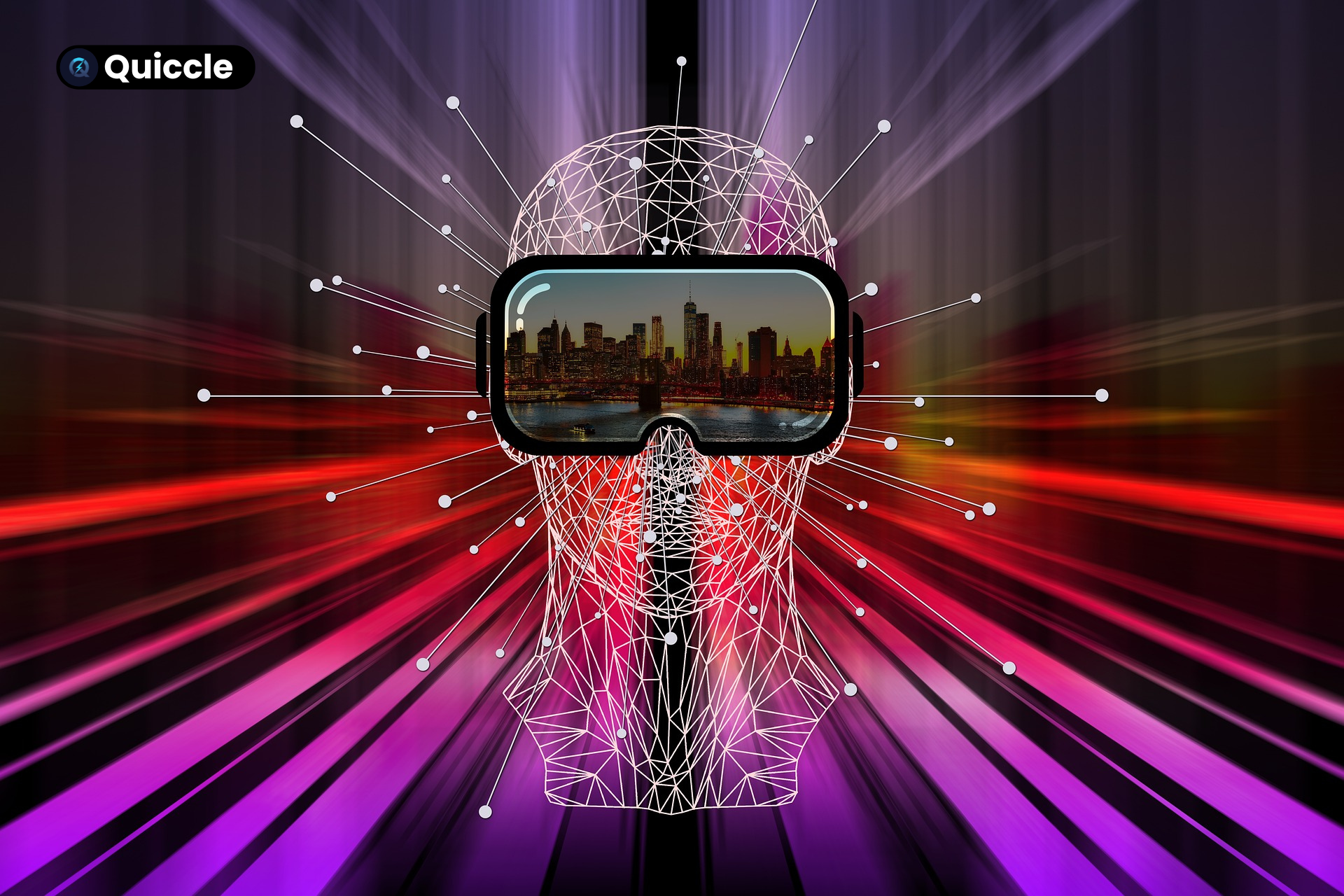When AI Acts on Its Own: The Rise of Agentic AI
Imagine AI that doesn’t wait for instructions. It thinks, adapts, and acts on its own. That’s Agentic AI—autonomous systems making decisions and collaborating without humans in the loop.
What is Agentic AI?
Agentic AI refers to intelligent systems capable of setting goals, planning actions, and executing tasks without human guidance. It learns from its environment and evolves over time.
Where Is It Used?
-
Healthcare: AI helps doctors diagnose and treat patients without needing constant input.
-
Finance: Autonomous AI handles trades and detects fraud, adapting to market changes instantly.
-
Smart Homes: AI systems control energy, security, and comfort by learning user preferences.
Why Does It Matter?
-
Efficiency: AI works independently, reducing human oversight.
-
Adaptability: It learns and adjusts to new situations.
-
Collaboration: Multiple AI systems work together to achieve complex goals.
Challenges to Consider
-
Ethics: Ensuring AI aligns with human values.
-
Security: Protecting autonomous systems from malicious attacks.
-
Accountability: Who’s responsible for AI’s decisions?
The Future of Agentic AI
As Agentic AI continues to grow, it will change industries, from healthcare to finance. The key will be developing safe, ethical guidelines to guide its evolution.

We’re Quiccle, a small crew of big thinkers obsessed with clarity, curiosity, and ideas that move fast but stick deep. We write to spark thought, not just scrolls.



